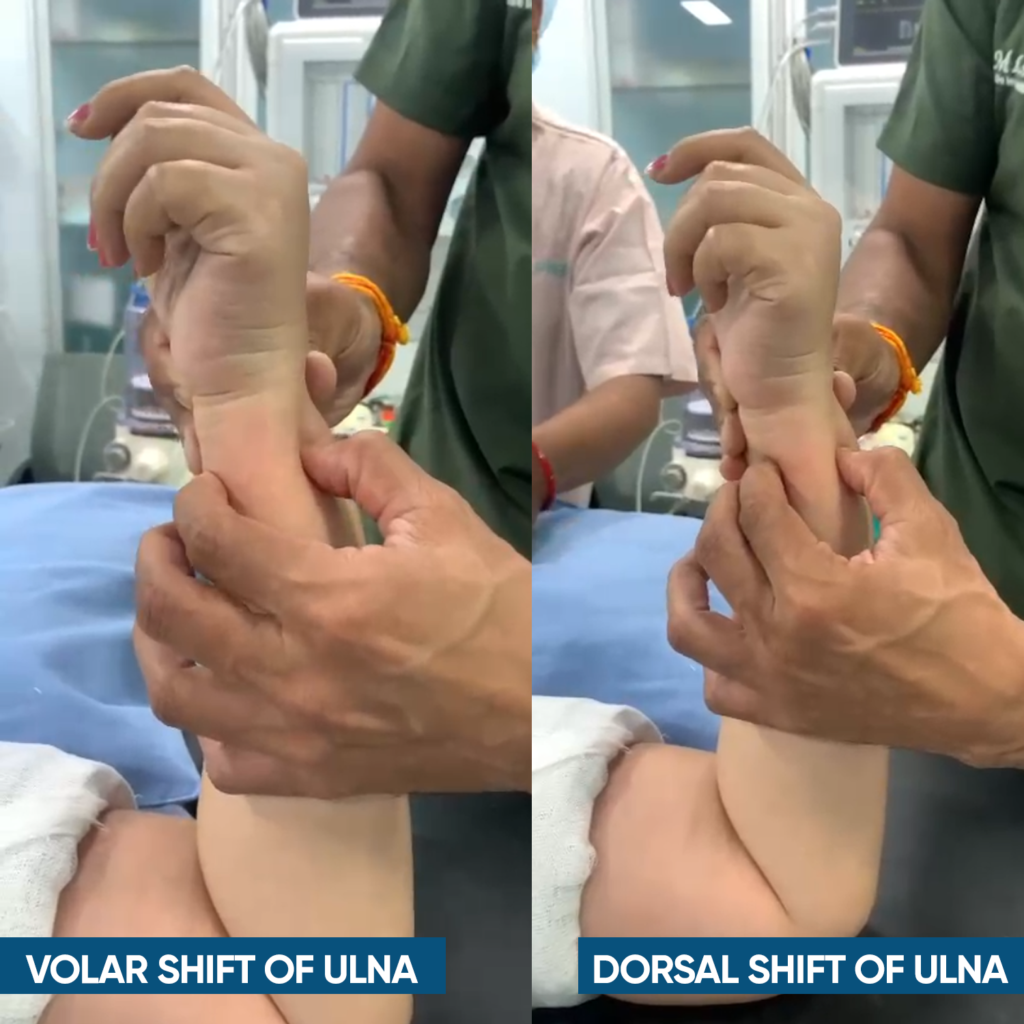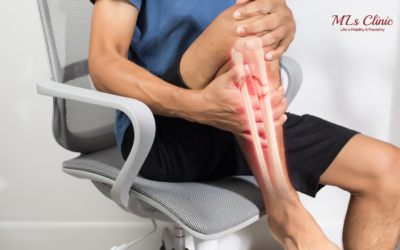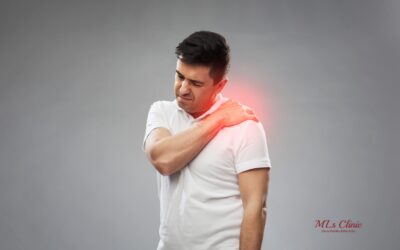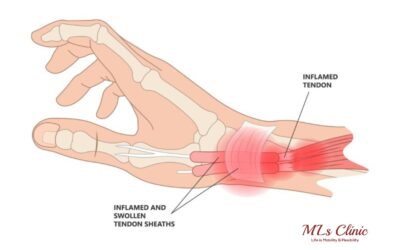TFCC Tear: Explanation, Symptoms, Reasons, Treatment, And Recovery
TFCC Tear stands for triangular fibrocartilage complex tear. The TFCC connects the bones in your forearm to your wrist bones. It’s like a support system made of ligaments, tendons, and cartilage. If you fall, twist, or break your wrist, you might tear your TFCC. Getting older can also wear down this tissue and cause tears in the TFCC.
Overview
What is TFCC?
TFCC is made of ligaments, tendons, and cartilage. It consists of several components:
- The triangular fibrocartilage disc
- Meniscus homologue
- Dorsal and volar radioulnar ligaments
- Ulnar collateral ligament
- Ulnocarpal ligaments
These structures work together to stabilize the distal radioulnar joint (DRUJ) and the ulnar side of the wrist.
What is TFCC tear?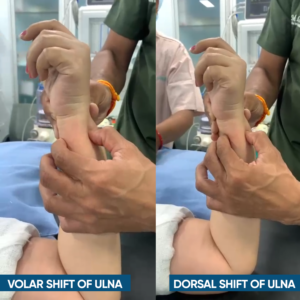
The TFCC is a part in your arm between the two big bones, the radius and ulna. A triangular fibrocartilage complex tear is when a specific part of your wrist, called the triangular fibrocartilage complex, gets injured.
What are the Causes & Symptoms of Triangular Fibrocartilage Complex Tear?
Causes
There are two kinds of TFCC tears, depending on what causes them:
- Type 1 TFCC tears happen because of a sudden injury, like falling and landing hard on your hand, which can damage the cartilage, tendons, or ligaments in your TFCC.
- Type 2 TFCC tears happen because the cartilage in your TFCC breaks down slowly over time, often because of getting older or having conditions like rheumatoid arthritis or gout.
People who do activities that involve a lot of wrist movement or pressure, like tennis or gymnastics, are more likely to get a triangular fibrocartilage complex tear. If you’ve hurt your wrist before, you’re also at higher risk.
Symptoms
If you tear your TFCC suddenly, you might experience:
- Clicking or popping sounds when you move your wrist or forearm.
- Trouble rotating your wrist.
- Pain on the outer side of your wrist, near your pinky finger.
- Finding it hard to grip things tightly.
- Weakness in your wrist.
What are the Complications of the Triangular fibrocartilage complex tear?
A small tear might get better by itself, but if a big tear isn’t treated, it could make your wrist weak or wobbly.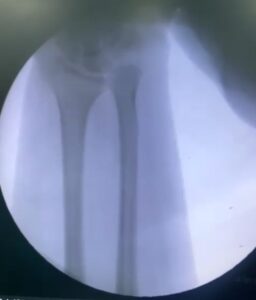
Tests & Diagnosis required for TFCC tear?
To diagnose a triangular fibrocartilage complex tear, the doctor may:
- Perform a physical examination of the wrist, by pressing on different areas to check for tenderness, swelling, or instability.
- Order imaging tests such as an MRI (Magnetic Resonance Imaging), X- Ray or arthroscopy (a minimally invasive procedure using a tiny camera) to get a clearer view of the TFCC and confirm the tear.
Management & Treatment
How do you treat a TFCC tear?
If it’s a small tear and doesn’t cause much pain or weakness, your doctor might suggest letting it heal by itself.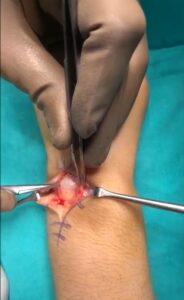
But if the tear makes it hard for you to do things, your doctor might recommend:
- Medicine: Taking anti-inflammatory drugs to reduce swelling and pain.
- Support: Using a brace or splint to keep your wrist steady while the tear heals.
- Injections: Getting shots to ease swelling.
- Therapy: Doing exercises with a physical or occupational therapist to make your wrist and forearm stronger and prevent more damage.
- Surgery: If other treatments don’t work, your doctor might suggest surgery. Often, they can fix the tears with a small surgery called Arthroscopy.
How can one avoid getting a tear?
While you can’t always stop an accident from happening, there are things you can do to lower your chances:
- Warm up before activities that involve twisting your arm or wrist, like tennis or baseball.
- Make your wrist and forearm muscles stronger.
- Be careful when walking to prevent falls.
When should one call the doctor?
You should call a doctor if there are:
- Trouble rotating your wrist.
- Pain on the side of your wrist near your pinky finger.
- Popping or clicking sounds when you move your wrist.
- Swelling.
A Note From Dr. Preetesh Choudhary
I know wrist injuries can be painful and affect your daily life. I aim to help you recover quickly and return to normal activities. If you have wrist pain or think you have a TFCC tear, schedule a consultation. I’m here to help you.
